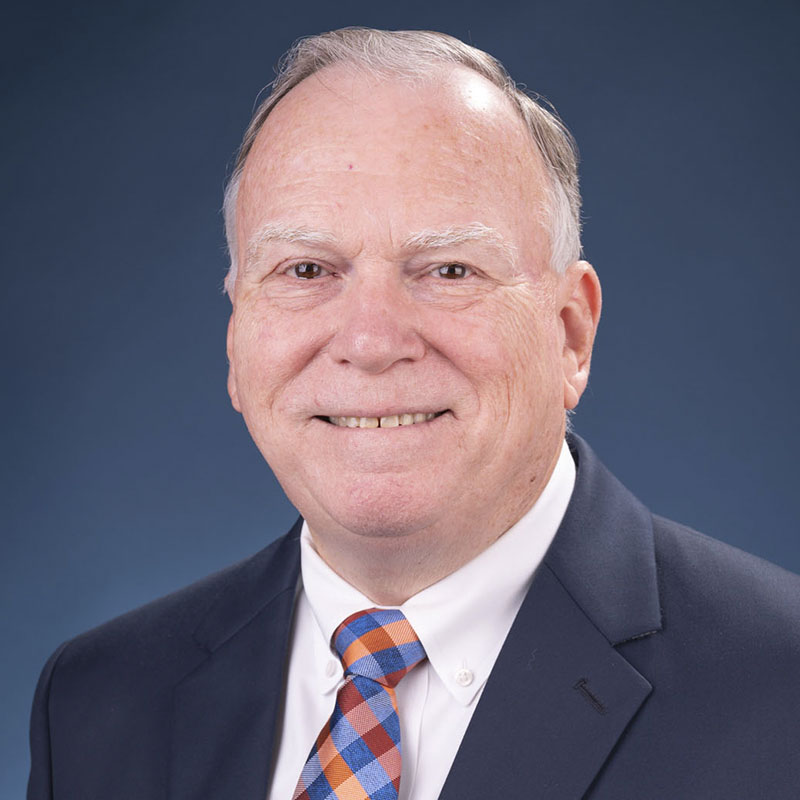Noisy and amazing things were happening in Jerusalem nearly 2,000 years ago. But a silent miracle turned out to be the most powerful of all—and it continues to happen to this day!
As thousands of people came streaming to see the miracles unfolding that morning, little did they know that these stunning events would pale in comparison to the unseen, silent miracle coming later that day.
It was the Day of Pentecost, A.D. 31, in Jerusalem. Just over seven weeks had passed since another world-changing event had occurred nearby—Jesus Christ’s crucifixion and resurrection.
For His disciples, it had been the most dramatic two months they could imagine—going from the depths of despair at seeing Him murdered to the heights of amazement at seeing Him alive again. After being with Christ for another 40 days, they had watched as He ascended into heaven.
And then they waited—as He had told them—until “the Promise of the Father,” the Holy Spirit, would be given to them.
“You shall receive power when the Holy Spirit has come upon you,” He had declared, “and you shall be witnesses to Me in Jerusalem, and in all Judea and Samaria, and to the end of the earth” (Acts 1:8).
But how would that happen, they wondered, and what would it mean?
Now they were finding out!
In a remarkable display of power, “suddenly there came a sound from heaven, as of a rushing mighty wind” (Acts 2:2), followed by flames of fire appearing over each of them.
And then, the most astonishing miracle so far: “They were all filled with the Holy Spirit and began to speak with other tongues, as the Spirit gave them utterance” (verse 4).
Jerusalem was overflowing, as it was every year in the holy day seasons, with pilgrims, “devout men, from every nation under heaven” (verse 5). Word of these wonders quickly spread among them. The crowds came running, probably hoping to see a miracle, but not expecting to be included in one. However, when they arrived, the miracle now fell on them! Not only were Christ’s disciples speaking other languages (not “unknown tongues”), but “everyone heard them speak in his own language” (verse 6).
Making it relevant
Okay, you might say, that’s a great story, but why should I care? How is what happened nearly 2,000 years ago relevant to my life today?
Good question. The answer is in what happened next.
While the miracles grabbed the crowd’s attention, the apostle Peter grabbed the opportunity to enlighten them. In these physical signs and wonders, he explained, you are seeing evidence of the spiritual fulfilling of one of the greatest prophecies for humanity. Centuries earlier the prophet Joel had foretold the time when God would pour out His Spirit, Peter said—and this is it!
The Jews listening to him certainly knew this prophecy, but Peter still had much to explain. He continued, ending the section from Joel 2 with this: “And it shall come to pass that whoever calls on the name of the LORD shall be saved” (verse 21).
He then quickly transitioned from Joel to “Jesus of Nazareth, a Man attested by God to you by miracles, wonders, and signs which God did through Him in your midst, as you yourselves also know” (verse 22).
They knew well the string of miracles Jesus had performed for over three years. Furthermore, the greatest miracle of all was undeniable: Jesus—whom they had “taken by lawless hands, … crucified, and put to death”—God had “raised up” (verse 23)!
The exalted Christ, Peter said, was now at the right hand of God, and “having received from the Father the promise of the Holy Spirit, He poured out this which you now see and hear” (verse 33).
Making it personal
They had to find Peter’s explanation interesting, but now he was about to make it uncomfortably personal.
“Therefore let all the house of Israel know assuredly that God has made this Jesus, whom you crucified, both Lord and Christ” (verse 36).
Those three words—“whom you crucified”—were an unmistakably personal indictment. The thousands gathered there could have scorned Peter at this point, arguing that they bore no responsibility, that they were not even there, or that the Romans had killed Him.
But it seems that many of them clearly grasped what Peter meant. If Christ had to come and die for all of our individual sins, then we are all individually guilty of His death. Those who accepted this reality were deeply convicted—“cut to the heart,” as Luke so aptly describes it—and asked remorsefully, “Men and brethren, what shall we do?” (verse 37).
“Repent, and let every one of you be baptized in the name of Jesus Christ for the remission of sins; and you shall receive the gift of the Holy Spirit.”
Peter offered a simple, but demanding, answer: “Repent, and let every one of you be baptized in the name of Jesus Christ for the remission of sins; and you shall receive the gift of the Holy Spirit.”
And, he added, “the promise is to you and to your children, and to all who are afar off, as many as the Lord our God will call,” just as Joel had prophesied.
Spiritual problems need spiritual solutions
This was the crux, but not the end, of Peter’s sermon that day. He continued with “many other words,” we’re told, exhorting them to “be saved from this perverse generation” (verse 40). The point was clear. We cannot save ourselves, we cannot live the way we ought, without the Spirit of God living in us.
There exists within each human, as Paul explained in 1 Corinthians 2:11-12, a spirit in man. God also has a spirit, known in the Bible as the Holy Spirit. Where has our human spirit—our mind with its ideas and attitudes—brought us at this point? History shows it has always been a two-edged sword, capable of mind-boggling creations and technological advancements, yet incapable of finding peace or solving our deep-seated problems of selfishness, lust, hatred, prejudice, greed, envy, lack of self-control, etc.—the list of our character-related problems seems endless.
Why? It’s because our problems are spiritual in nature, and spiritual problems require spiritual solutions!
This Day of Pentecost takes us back to the time when God acted, as He had promised, to open the door to us for the only possible solution—to receive a different spirit. His Spirit.
And Pentecost today brings us back to the reality that we need His Spirit more than ever. Only through the power of the Holy Spirit can our minds be renewed and our lives transformed (Romans 12:2). No greater miracle can happen to someone—and God is still working that miracle today!
Pentecost pictures even more than that, though. Having the Spirit of God, Paul stated in Romans 8:16-17, means that “we are children of God, and if children, then heirs—heirs of God and joint heirs with Christ.”
Furthermore, the children of God comprise the Church of God. Jesus had promised His disciples that He would build His Church, and He did not mean a building or denomination. “Church” in the New Testament Greek language is ekklesia, which means “a calling out,” especially “a religious congregation,” or an “assembly” (Strong’s Exhaustive Concordance, #1577). The word designates the body of believers of which Jesus Christ is Head.
Changing your life
That incredible Day of Pentecost in A.D. 31 still stands as a watershed event in human history. Not everyone present responded well to Peter’s message, but “those who gladly received his word were baptized; and that day about three thousand souls were added” (verse 41).
God’s Church began that day, “and the Lord added to the church daily those who were being saved” (verse 47).
Nearly 2,000 years later, God is still calling people to His Church, and for those who listen and respond, receiving His Spirit remains as much an incredible, miraculous event as it was then. Today people don’t hear rushing wind, see flames of fire or speak in different languages, but they quietly experience the same miraculous process in the mind.
But why, when and how does conviction of sin, repentance and receiving the Holy Spirit happen to someone today? Such a life-changing process doesn’t happen carelessly or without knowledge. At https://info.lifehopeandtruth.com/change-your-life you can download our booklet Change Your Life! for the clear, biblical answers and guidance.
Would you have gone running to see the miracles on display that day in Jerusalem in A.D. 31? Of course! Then why not go today for the knowledge that can change your life!
Looking for the church behind Life, Hope & Truth? See our “Who We Are” page.
More to learn
Like Peter, we have “many other words”—more than space allows for here—to fully explain the depth of lessons presented in the Feast of Pentecost. In fact, Pentecost is only one of seven festivals God established, each portraying an essential step in His plan of salvation.
One wonders, since so many churches today observe Pentecost, why don’t they observe these other festivals—Passover, the Days of Unleavened Bread, the Feast of Trumpets, the Day of Atonement, the Feast of Tabernacles, and the Last Great Day? What happened to them? Aren’t they just as important to understand? Absolutely!
Discover their amazing meaning in our booklet From Holidays to Holy Days: God’s Plan for You and on The Greatest Story Ever Infographic. Both are available at the Learning Center on LifeHopeandTruth.com.






